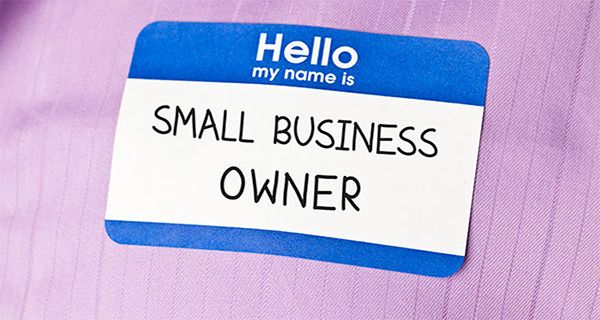
Quick Take: Why did the coverage on my home increase this year?
- A COI is a statement of coverage issued by the company that insures your business.
- Usually no more than one page, a COI provides a summary of your business coverage.
- It serves as verification that your business is indeed insured.
- Potential clients may request a COI as a condition of doing business with you.
Question I'm a small business owner, and I visit my clients' offices often—I pretty much live on the road. Here's my challenge: I really want my clients to know my business is insured. (Other competitors in my area may undercut my price, and my gut tells me it's because they may not be insured.) Is there an easy way to let my customers and clients know I'm insured?
We posed this question to Ron Henderson, a Farmers Insurance® agent based in Palm Desert, California.
Answer Yes, there's an easy way — and it starts with something called a Certificate of Insurance, or a COI for short.
What is a COI? It's like an auto insurance ID card, with one key difference: It summarizes your business insurance coverage, and contains important basics like policy expiration date, individuals covered, and dollar amount of coverage. Some COIs also include the type of policy, such as professional or general liability.
So rather than showing a multi-page insurance contract for your client, a COI—which can be included with proposals or affixed to the clipboard you carry—is an easy shortcut to prove you're insured. I've heard from my business insurance clients that COIs often help build confidence in their business, much like online reviews and references.
Here are a few of the most common questions I field from business owners about Certificates of Insurance:
What types of businesses need a Certificate of Insurance?
I often get asked, "Does my restaurant need a COI? My nail salon? My repair shop? My tech company?" It really depends on the needs of your business and customers. I realize that sounds broad and vague, but pretty much any business that provides a service or performs work with a potential for high liability losses could be asked to show a COI.
For example, if you run a popular burger joint, a company with a fleet of cars or trucks, or a tech company with access to a network of other business's computers, you may be asked to produce one. A business or individual that hires your company to do work—whether it's building an e-commerce website or painting the office—may also require proof that your business can cover the cost of a liability claim. In other words, just about any business where an employee, customer or another business could be hurt or lose money.
I also know some businesses often include a COI with the proposals they submit for a job or contract—it could be required as part of the bidding process, and it also may give the business an edge over the competition if they don't have similar coverage.
Is it okay to ask for a Certificate of Insurance from businesses I work with?
Let's put it this way: I always ask for them, whether I'm hiring a roofer to work on my home or having a tech guy set up a new computer in the office. Certificates of Insurance are a handy way to make sure the businesses you work with are covered.
I also tell my clients to double-check the certificate. Say I'm a contractor working on your home. You request a COI and I provide one. You shouldn't assume that piece of paper is accurate—even if it's a company you've done business with before. In some cases, I've seen businesses alter a COI to make it appear that an expired policy is active or provides more coverage than it actually does. It's okay to make a few calls to verify the COI.
I tell business clients, if you request to see COIs you should consider:
- Contacting the agents, brokers or insurers who issue the documents to make sure they're real.
- Making sure the name of the business matches the name on the document.
- Making sure the liability policy limits listed on the COI provide enough coverage.
- Checking the "Effective" and "Expiration" date listed on the COI—is it accurate and does it cover the time the company will be working with you?
- Verifying the COI each and every time you hire a company, even if you've worked with the business and checked out their COI before.
Farmers Business
Insurance
Find out why business
insurance from
Farmers is a smart
choice.
The information contained in this page is provided for general informational purposes only. The information is provided by Farmers ® and while we endeavor to keep the information up to date and correct, we make no representations or warranties of any kind, express or implied, about the completeness, accuracy, reliability, suitability or availability with respect to this article or the information, products, services or related graphics, if any, contained in this article for any purpose. The information is not meant as professional or expert advice, and any reliance you place on such information is therefore strictly at your own risk.
Related articles



